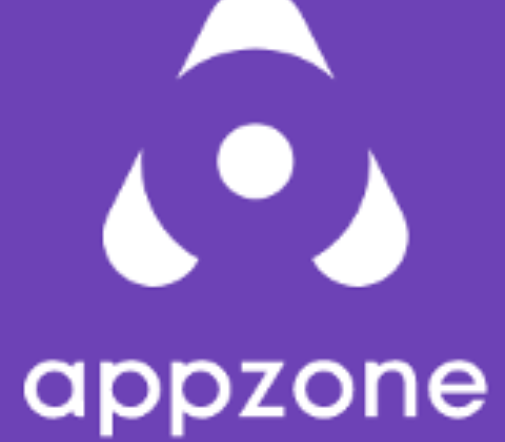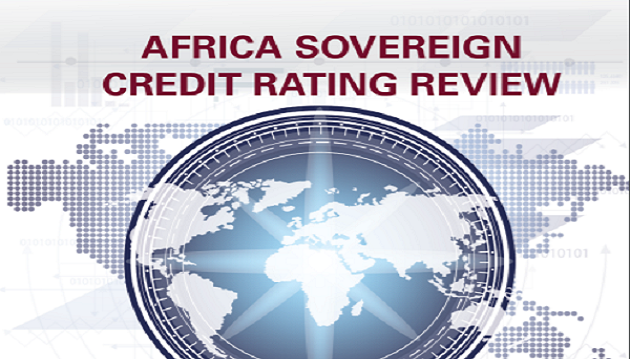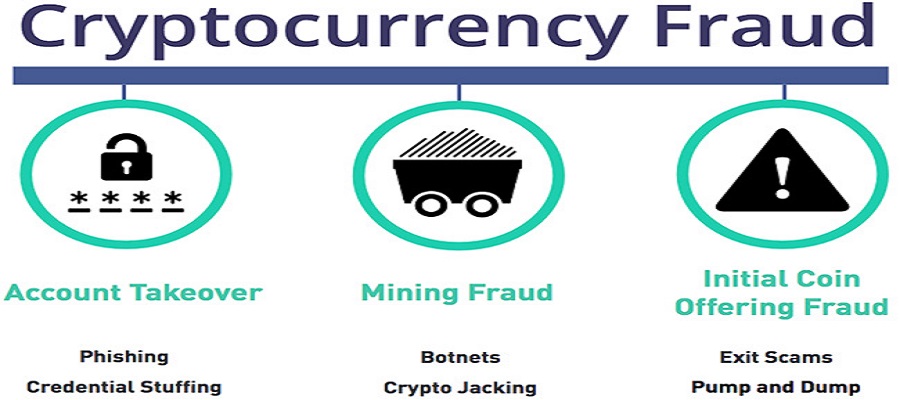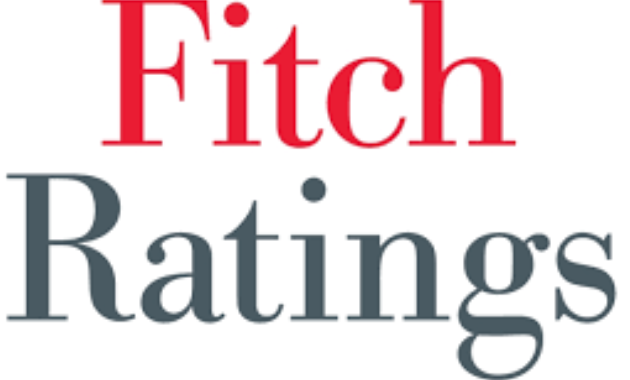E-Financial
Appzone Relaunches BankOne, Digital Core Banking Solution for Fintechs & Neobanks

Appzone, the Pan-African fintech software provider building proprietary solutions for the continent’s banking and payments industries, has announced the Pan-African launch of BankOne, its digital core banking solution now re-engineered to serve the continent’s leading Fintechs, neobanks and challenger banks.

BankOne’s relaunch follows Appzone’s Series A raise in April 2021, the largest locally led raise in Nigeria which repositioned the organization to roll-out new innovative offerings that help financial institutions function in a fully digital and automated way.
Having previously built out functionality to automate and run traditional Banking operations, Appzone is now deploying BankOne as a platform for technology-driven financial institutions intending to adopt a 360-degree digital approach that does not involve physical branches or human interaction.
Originally launched in 2011, BankOne is delivered and run by Appzone Core, a subsidiary of the Appzone Group. The platform played a significant role in the first digitization phase of Nigeria’s financial sector and came to further prominence and adoption as digital challengers and neo-banks began to emerge.
As Africa rapidly accelerates towards a fully digital banking future, BankOne is being positioned to provide affordable and purpose-built digital infrastructure to enable this transition.
Speaking on the relaunch of BankOne, the CEO of Appzone Core, Mr. Mudiaga Umukoro said: “For over a decade, BankOne has played an active role in driving the digitization of Nigeria’s financial services industry. The platform has now been repositioned to serve the continent’s growing number of Fintechs and neobanks.
BankOne’s major advantages are market fit and affordability which allow financial institutions deliver highly relevant products at a fraction of cost while leveraging our numerous integrations with mainstream payment systems to achieve instant interoperability with other industry players at no extra cost”
Buoyed by the economic and work-place realities emerging due to the Covid-19 pandemic, Africa’s financial sector has aggressively adopted digital banking, with more individuals and organizations bypassing physical structures, paper trails and physical cash in favor of self-service offerings on digital devices.
As the continent’s traditional banking system continues to evolve, embracing new platforms, technologies, and architecture, technology-driven offerings from Fintechs on the continent will revolutionize customer experience, crash operating costs and accelerate financial inclusion.
BankOne provides functionality that enables digital Banks to engage customers and deliver services without human interaction. BankOne provides digital equivalents of all product offerings including account opening, card issuance, deposits, payments, and loan origination amongst others.
The platform also provides an open platform with developer tools and robust APIs to support the level of innovation and agility required in a highly dynamic and rapidly evolving environment.
In addition, Appzone Core has positioned the new offering to support the digital transformation efforts of traditional Banks, many of which are still stuck with legacy systems that limit their ability to compete effectively.
With operations in Nigeria, Ghana, Gambia, and Kenya, BankOne currently hosts over 10 million customer accounts with balances totaling $105 million while managing over $650 Million in annual loan disbursements, and $2.9 Billion in total transaction value.
Asides managing customer records, loans, deposits, and accounting, BankOne provides an omni-channel self-service platform, USSD interfaces, Payment ecosystem integration, agent banking capabilities, and card management services.
These functionalities are available to Fintechs like digital lenders and neobanks, as well as traditional banks like MFIs, Mortgage Banks, Consumer Lenders and Commercial Banks.
Currently, challenger and traditional banks in Africa are limited to using foreign technology solutions tailored for Western markets, and many of these solutions are hindered by prohibitive pricing, poor market fit and a lack of local tech support.
BankOne’s major differentiation lies in its fit-for-purpose functionality and integrations with the local ecosystem of third-party services. These characteristics in addition to ease of customization and availability of local support ensure that the platform seamlessly plugs into the needs of African Banks and Fintechs.
E-Financial
African Union Launches Credit Rating Agency to Promote Regional Economic Integration

The African Union has taken a significant step towards promoting economic resilience in Africa with the launch of the African Credit Rating Agency (AfCRA).

The new agency aims to provide a fair, transparent, and unbiased credit rating system, addressing the biases of global rating firms that have reportedly cost Africa over $75 billion in investment opportunities.
According to Kenya’s President, William Ruto, who unveiled the agency at an AU event in Addis Ababa, Ethiopia on Friday, “Global credit rating agencies have not only dealt us a bad hand, they have also deliberately failed Africa.”
Ruto criticized the flawed models, outdated assumptions, and systemic bias used by global rating agencies, which paint an unfair picture of African economies and lead to distorted ratings, exaggerated risks, and unjustifiably high borrowing costs.
The launch of AfCRA is a response to the long-standing grievances of African countries regarding their treatment by international credit rating firms.
The agency aims to provide fair, transparent, and development-focused credit ratings that reflect the realities and potential of African economies.
Improving Africa’s rating by one notch could unlock $15.5 billion in additional funding for the continent, according to Ruto.
The idea of creating an African credit rating agency has been in the pipeline for years, with the AU officially announcing its plans to move forward with the project in September 2023.
The push for an African credit rating agency gained momentum in 2022 when Senegal’s former president Macky Sall called for a new system to “end the injustices” faced by African countries.
The African Credit Rating Agency is part of Africa’s continuous march towards economic resilience, which also includes the recent establishment of the African Energy Bank, headquartered in Nigeria.
The bank aims to provide support to unleash Africa’s energy potential and bring an end to energy poverty on the continent.
E-Financial
Nigeria Worst Hit by Crypto Currency Fraud

Fraud in the crypto industry in African continent has soared by 48 percent over the past year and Nigeria is worst hit according to report by CAJ News.

This is according to the Sumsub State of the Crypto Industry 2025 report, which indicates Nigeria recorded the highest rate of fraud across the sector, at 8,3 percent.
Thus, this percentage of verification attempts were flagged as fraudulent.
Uganda, Kenya and Tanzania all have fraud rates of 4,8 percent, with Cameroon (4,5 percent), Ethiopia (3,7 percent), Ghana (3,5 percent), Algeria (2,6 percent), Benin (2,6 percent) and Morocco (2,1 percent) recording significant rates.
The most popular fraud types are document forgery (affecting 31 percent of surveyed companies), phishing (20 percent) and money mulling (15 percent), followed by account takeover (14 percent) and forced verification (12percent).
Simsub, the cyber crime expert, believes this surge highlights the need for companies to adopt artificial intelligence (AI)-powered detection, biometrics and continuous monitoring to enhance security.
The report states that innovations like biometric checks, AI-backed automation and document-free verification have boosted crypto platform users’ on-boarding success rates to 93,39 percent and reduced verification time by 46 percent, overall improving customer on-boarding while reducing drop-off cases.
Hannes Bezuidenhout, Vice President of Business Development (Africa) at Sumsub, said Africa’s growing adoption of crypto provided its own challenges, but the company foresaw increasing demand and growing user expectations across the continent.
“So it’s crucial for VASPs operating in the region to implement secure verification systems and stay vigilant to fraud, while keeping an eye on evolving and new regulations concerning the crypto sector to avoid fines.”
VASP is an acronym for virtual asset service provider.
E-Financial
Banking Consolidation Less Likely as Nigerian Banks Meet Capital Requirements – Fitch

Fitch Ratings has said that Nigerian banks are making significant progress in raising core capital to meet new paid-in capital requirements. The rating agency noted that the banks are generally on track to meet the end-of-first quarter (Q1) 2026 deadline.

This is supporting a recovery in capitalisation from the impact of naira devaluation, providing fuel for business growth. It also reduces the likelihood of significant banking sector consolidation.
In March 2024, the Central Bank of Nigeria announced a significant increase in paid-in capital requirements (share capital plus share premium) for commercial, merchant and non-interest banks.
Banks have three ways to comply – through equity injections, M&A and downgrading their licence authorisation.
Fitch-rated banks have made notable progress towards compliance. Almost all have raised capital or formally launched the process to do so.
The two largest banks, Access Holdings and Zenith Bank, are the first to secure enough fresh capital to meet the N500 billion requirement for an international licence. First HoldCo, United Bank for Africa and Guaranty Trust Holding Company are taking a phased approach.
They have recently raised capital and have shareholder approval to begin raising more to meet the N500 billion requirement. First HoldCo’s and United Bank for Africa’s recent rights issues are awaiting final regulatory approval.
Fidelity Bank and FCMB Group have completed initial capital raisings but will need to raise more to maintain their international licences. As second-tier banks, they must raise significantly more capital relative to their balance sheets than larger banks.
They have extraordinary general meeting approval for this, although they could consider downgrading to a national licence as they each have just one foreign subsidiary.
Ecobank Nigeria Limited (ENG) and Jaiz Bank needed only small capital injections to meet their requirements and have already achieved compliance. We estimate that ENG is still in breach of its total capital adequacy ratio (CAR) requirement of 10 percent but it has further capital-raising plans to restore compliance. Stanbic IBTC Holdings has launched a rights issue to raise capital to maintain its national licence.
Strong investor appetite has ensured that the vast majority of capital raisings so far have been successful, and most first- and second-tier banks should be able to meet their new capital requirements through capital raisings alone. Therefore, we believe the likelihood of banking sector consolidation among first- and second-tier banks has decreased.
Union Bank of Nigeria (UBN), which is also in breach of its 10 percent CAR requirement, and third-tier banks have generally been slower to raise capital. Wema Bank has shareholder approval to raise enough capital to retain its national licence and plans to launch the process in April.
Coronation Merchant Bank recently received board approval. It is not clear whether UBN and unrated third-tier banks have received the necessary approvals. M&A activity and licence downgrades remain more likely among third-tier banks.
The capital raisings are contributing to a recovery in capitalisation from the impact of naira devaluation, which put pressure on capital ratios and increased US dollar credit concentration risks. Strengthened buffers over minimum CAR requirements will mitigate risks from a challenging operating environment, including regulatory intervention and further naira volatility, while providing room for business growth.
The capital raisings are unlikely to lead to banks with Long-Term Issuer Default Ratings (IDRs) of ‘B-’ being upgraded given the constraint of Nigeria’s ‘B-’/Positive Long-Term IDR.
However, they could contribute to Outlook revisions to Positive for some banks, and, providing CAR compliance is restored, to upgrades for UBN and ENG (both rated ‘CCC’). Capital raisings are more likely to affect National Long-Term Ratings, which measure the relative creditworthiness of Nigerian issuers.

 E-Business3 days ago
E-Business3 days agoSchmidt, Ex Google Chief Says AI Risky in Terrorist Hands

 News3 days ago
News3 days agoFG Order MDAs to Close Commercial Banks’ Accounts, Enforce TSA Policy

 News2 days ago
News2 days agoTikTok Returns on Apple, Google US App Stores as Trump Delays Ban

 General News2 days ago
General News2 days agoResearchers Develop Innovative Treatment for Malaria

 E-Financial3 days ago
E-Financial3 days agoNigeria Worst Hit by Crypto Currency Fraud

 Telecom3 days ago
Telecom3 days agoSalesforce Collaborates with Tech Leaders to Launch AI Energy Score for Model Efficiency

 Telecom2 days ago
Telecom2 days agoVisa Launches Report on Digital Payment Landscape in Nigeria, Shows Positive Outlook

 E-Financial2 days ago
E-Financial2 days agoAfrican Union Launches Credit Rating Agency to Promote Regional Economic Integration
























